The twenty-second element in the periodic table is titanium. It is a silver-colored metal that occurs naturally, often extracted from the earth’s crustal minerals, such as rutile, ilmenite, and sphene. The scientific community learned about it at the end of the 18th century and, by the 20th century, began using titanium in industrial applications. Read More…
All Titanium Metals is a leader in the titanium industry, embodying a commitment to excellence as your trusted titanium supplier. In our unwavering pursuit of providing top-notch commercially pure-grade titanium products, we take immense pride in our high quality products.

Service Steel Aerospace (SSA) is one of the largest titanium distributors in the World. SSA stocks titanium rounds, plate, block, billet, and ingot for the Aerospace and Defense markets, as well as other critical industries. We rely on our vast inventory to offer quick deliveries. SSA places the highest value on quality and customer service. SSA also offers value added processing such as cut to...

At Cada Stainless & Alloys, we specialize in supplying high-performance titanium and specialty metal solutions for industries that demand exceptional strength, corrosion resistance, and long-term reliability. We work closely with customers who require titanium materials for challenging environments, including aerospace, chemical processing, marine, medical, and advanced industrial applications.
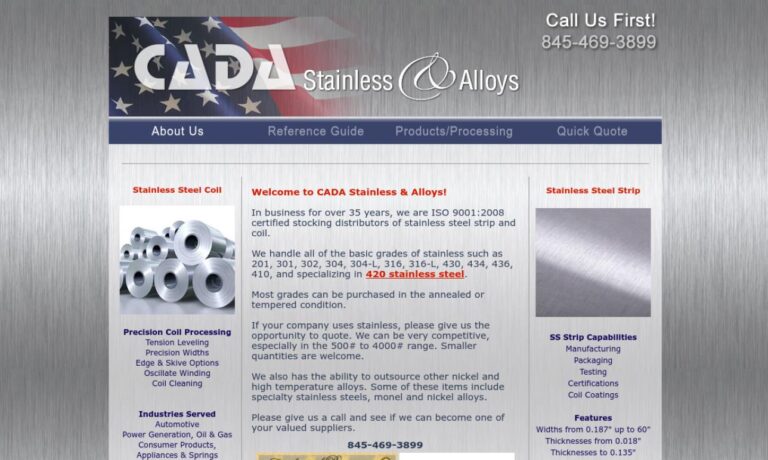
At Sierra Alloys, we have built our reputation around the strength, versatility, and precision of titanium. We dedicate ourselves to delivering high-quality titanium products that serve industries where performance, durability, and reliability are non-negotiable.

At Tricor Metals, we have built our reputation as a trusted partner in titanium products and solutions by combining material expertise with advanced fabrication capabilities. We work closely with customers across demanding industries to deliver titanium that meets exacting performance, durability, and safety standards.

At Reliable Source Inc., we have built our reputation on being a dependable partner for customers who require precision titanium products and expert support for critical applications. From the start, we have focused on combining material expertise with an unwavering commitment to quality, allowing us to deliver titanium solutions that perform under the most demanding conditions.
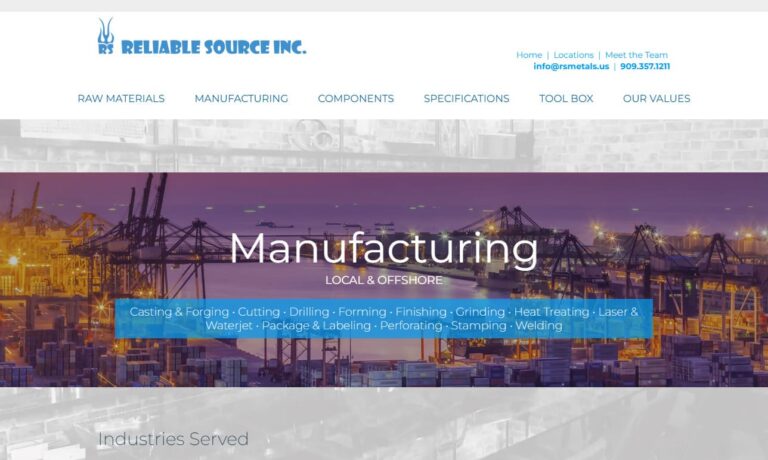
Diversified Industrial Products is a leading distributor of high-quality titanium tubing, titanium wire, titanium plate, titanium bars and titanium ingots. We serve a wide range of industries and markets with high-quality, durable titanium. Diversified Industrial has more than 25 years of experience.

More Titanium Metal Suppliers
Physical Properties of Titanium
It is thought that titanium metal has higher physical properties. It is believed to be a chemically inert substance. Titanium’s high strength-to-weight ratio makes it ideal for applications requiring lightweight, durable materials, such as dental work. Titanium has a low density of 4.5 g/cm3. Titanium metal has a melting point of 3000°F (1648°C) and a boiling point of 5432°F (3000°C). Titanium is valuable because of its exceptionally high melting and boiling temperatures.
Additionally, it is a malleable metal, especially in a climate devoid of oxygen. Titanium’s shiny grey-white look makes it ideal for coating other metals and for display. Furthermore, pure titanium dioxide has an optical dispersion greater than a diamond and is nearly clear due to its high refractive index. Compared to other metals, titanium has comparatively low electrical and thermal conductivities, but when chilled below its critical temperature of 0.49 K, it develops superconducting qualities. When deuterons bombard titanium in its basic form, it can become very radioactive.

Chemical Features of Titanium
Titanium metals and their alloys instantly oxidize as magnesium and aluminum when exposed to the air. Around 1,200°C, titanium begins to interact with oxygen molecules. Pure oxygen can still react with titanium at 610°C to produce titanium dioxide. When oxygen and water are present, titanium acts as an inert element.
Types of Titanium
Grade 1 Titanium: It is the most malleable, soft, and weldable grade of pure titanium. Grade 1 titanium is used often by the marine, medicinal, and architectural industries. The oxygen (O) % permitted for Grade 1 is the lowest of all the industrially pure grades. Therefore, an increase in oxygen is associated with each grade.

Grade 2 Titanium: Grade 2 titanium is very malleable and moderately strong. It is resistant to corrosion and oxidation. The most typical applications for grade 2 are in desalination, automobile parts, architecture, and aerospace.

Fabrication of Titanium Metals
Titanium is often produced through the Kroll process, which produces titanium metal. The Kroll process includes extraction, purification, creation of sponges, alloy creation, and molding. Most manufacturers specialize in one stage of this procedure. For instance, some manufacturers only make alloys, while others only produce sponges.
First, titanium ores made of rutile or ilmenite are separated. Mining corporations deliver ores to manufacturers, who cook the ores to 800°C using a fluid-bed reactor containing chlorine and carbon. A reaction occurs, producing carbon monoxide as a byproduct and impure titanium tetrachloride as a byproduct. Because titanium dioxide is still not pure after iron removal, the impurities are present in the TiCl4.
The TiCl4 is purified, first by being heated and then placed in a distillation tank. Precipitation and fractional distillation techniques are used to remove the present impurities. These two techniques eliminate all contaminants, particularly silicon, vanadium, magnesium, zirconium, and iron. After purification, manufacturers can create sponges, alloys, or fabricate titanium according to specific needs.
Choosing the Correct Titanium Metal Supplier
To make sure you have the most productive outcome when purchasing titanium metal from a titanium metal supplier, it is important to compare at least 4 companies using our list of titanium metal suppliers. Each titanium metal supplier has a business profile page that highlights their areas of experience and capabilities and a contact form to directly communicate with the supplier for more information or request a quote. Review each titanium metal company website using our proprietary website previewer to get an idea of what each company specializes in, and then use our simple RFQ form to contact multiple titanium metal companies with the same message.

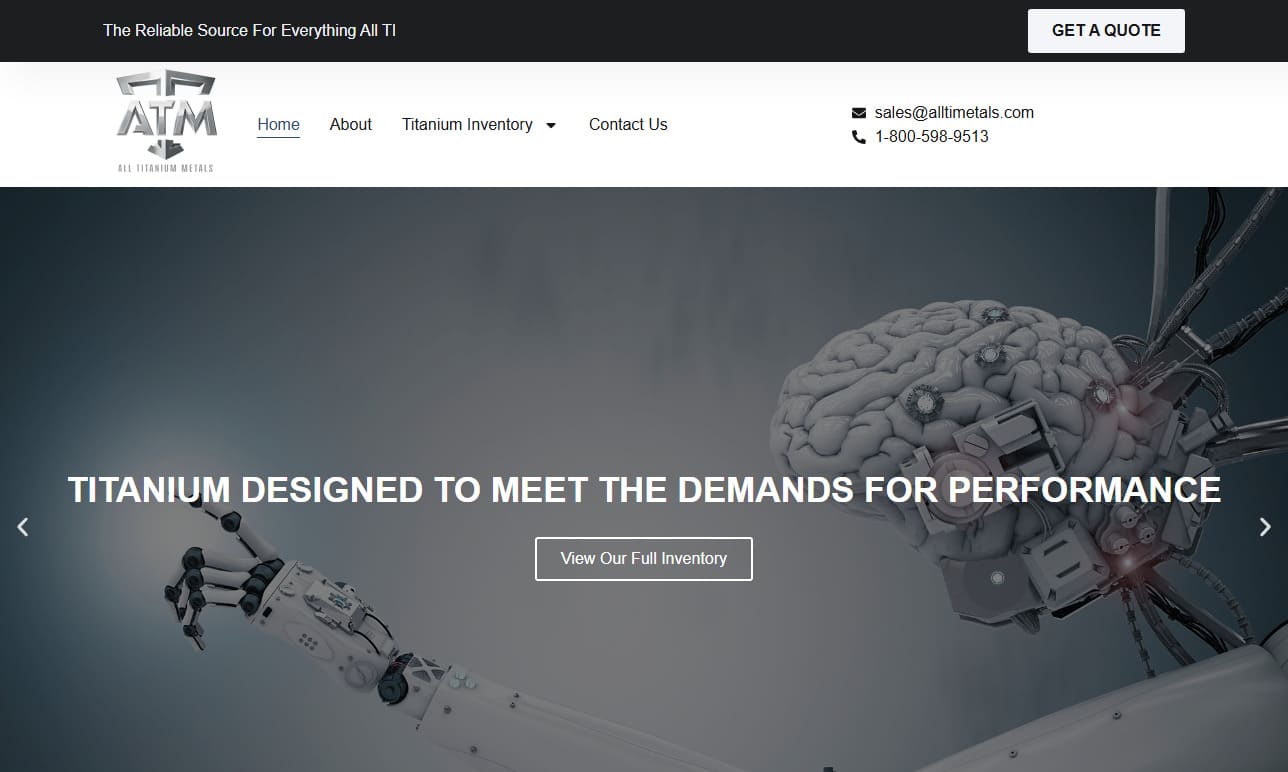

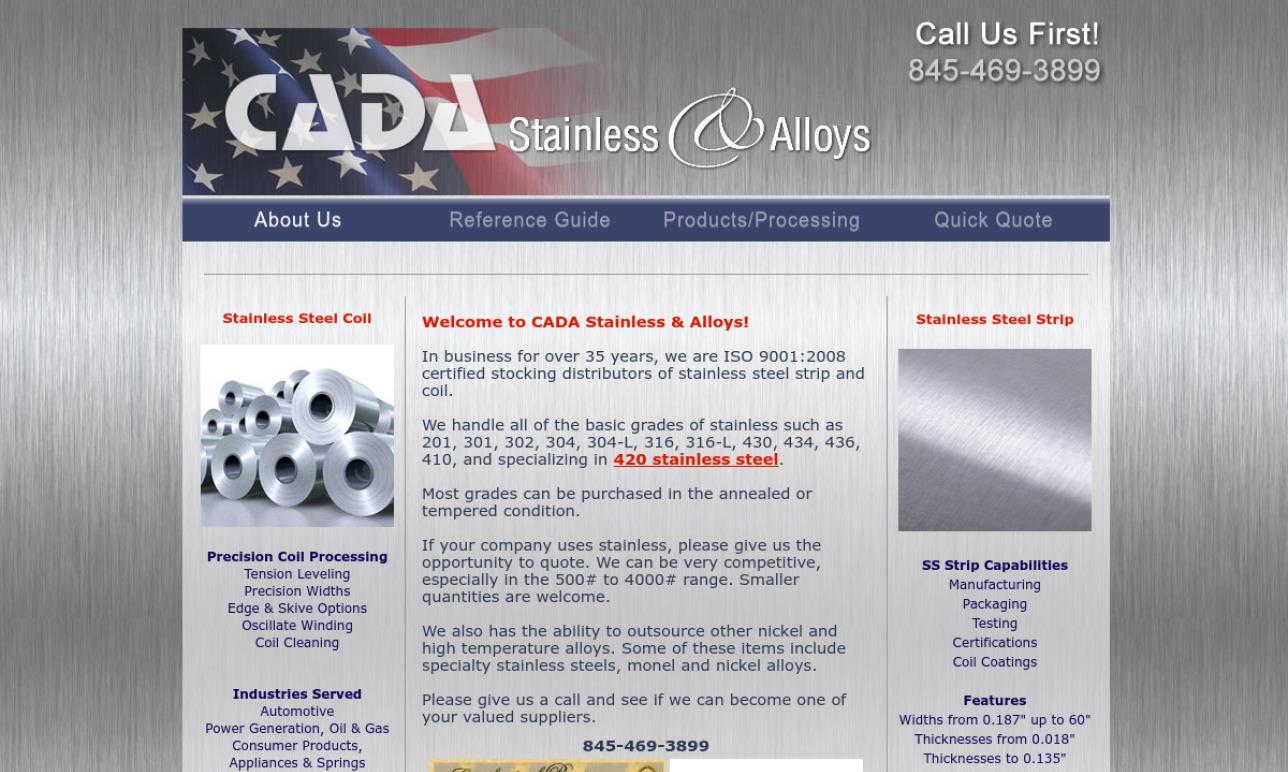





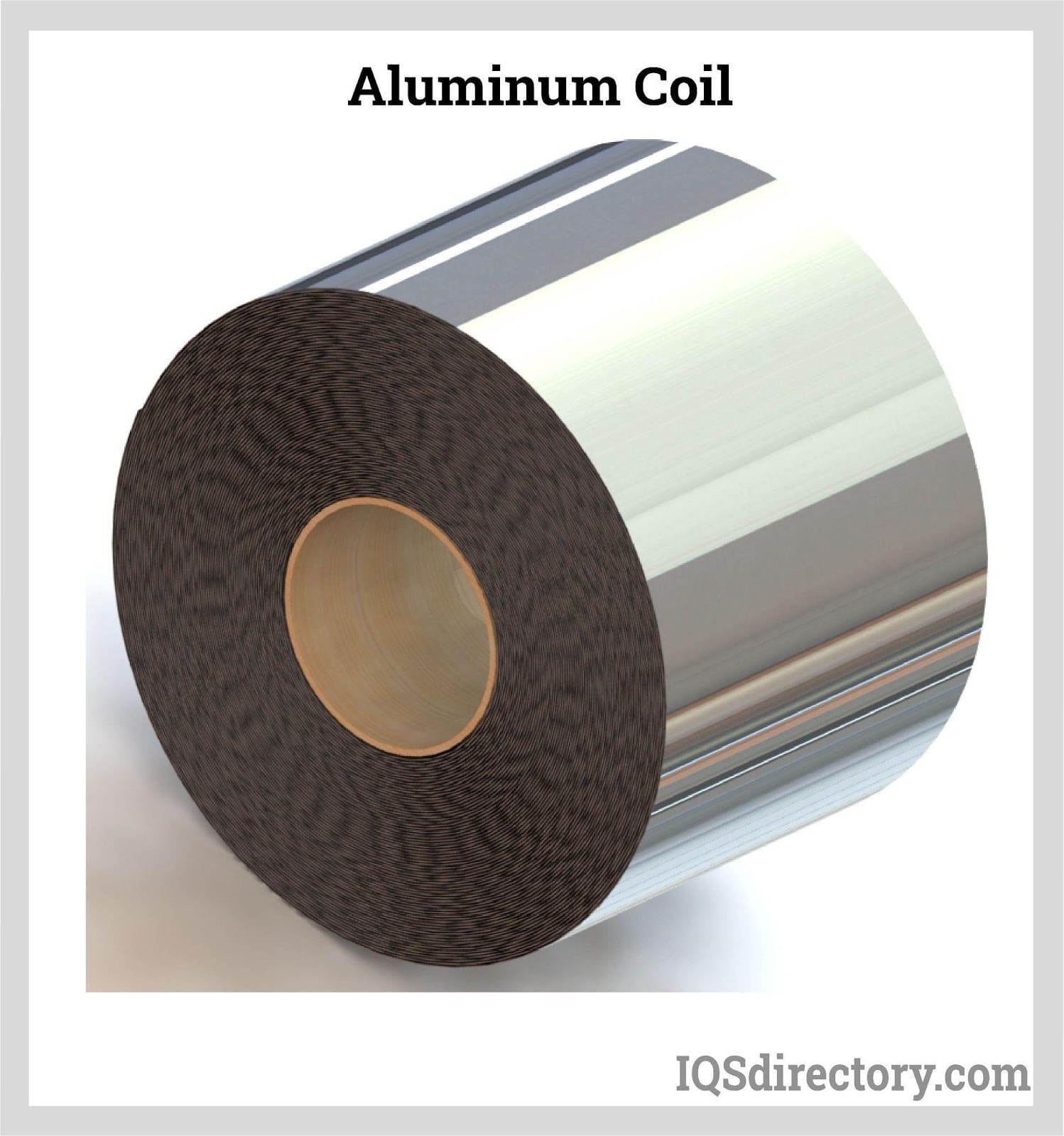
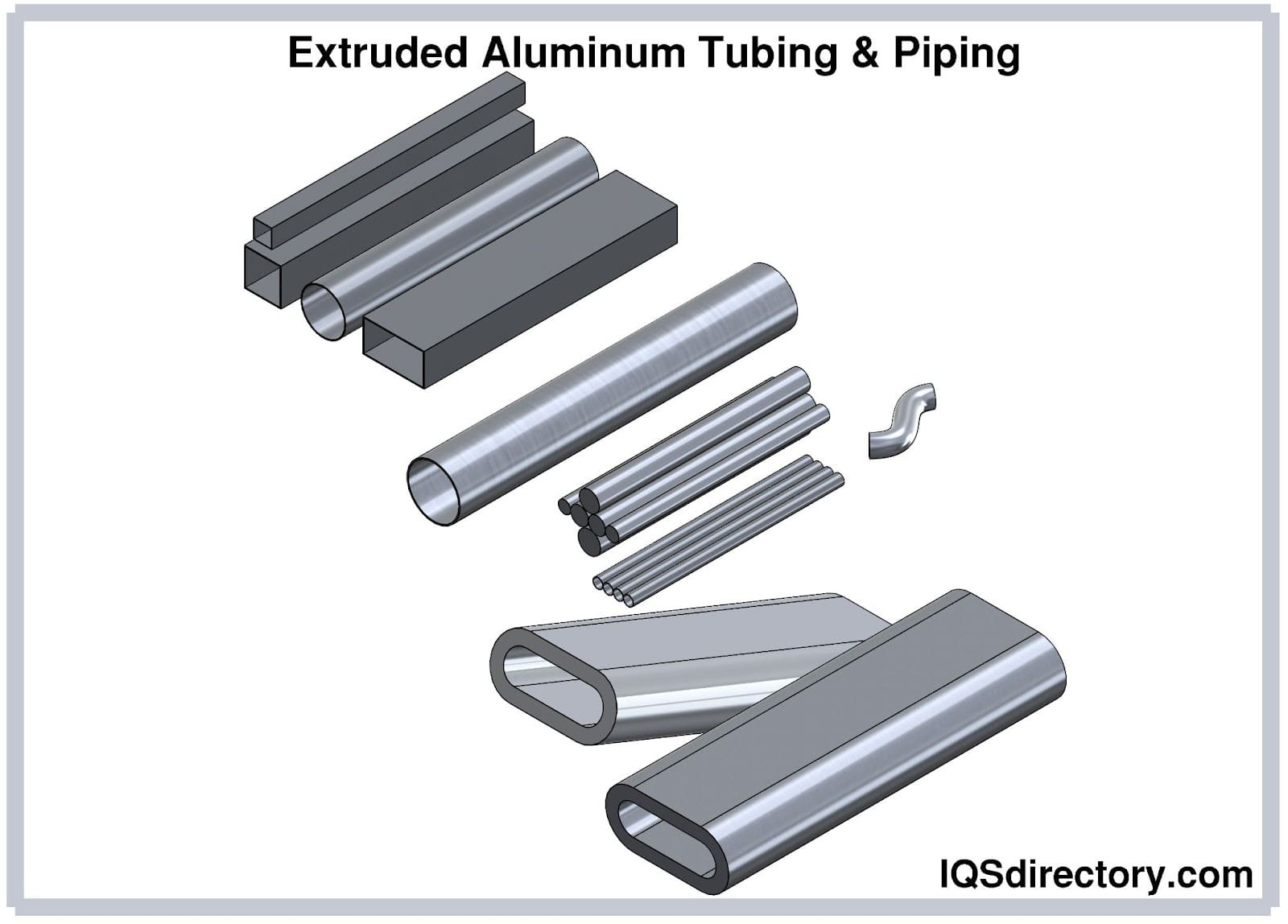


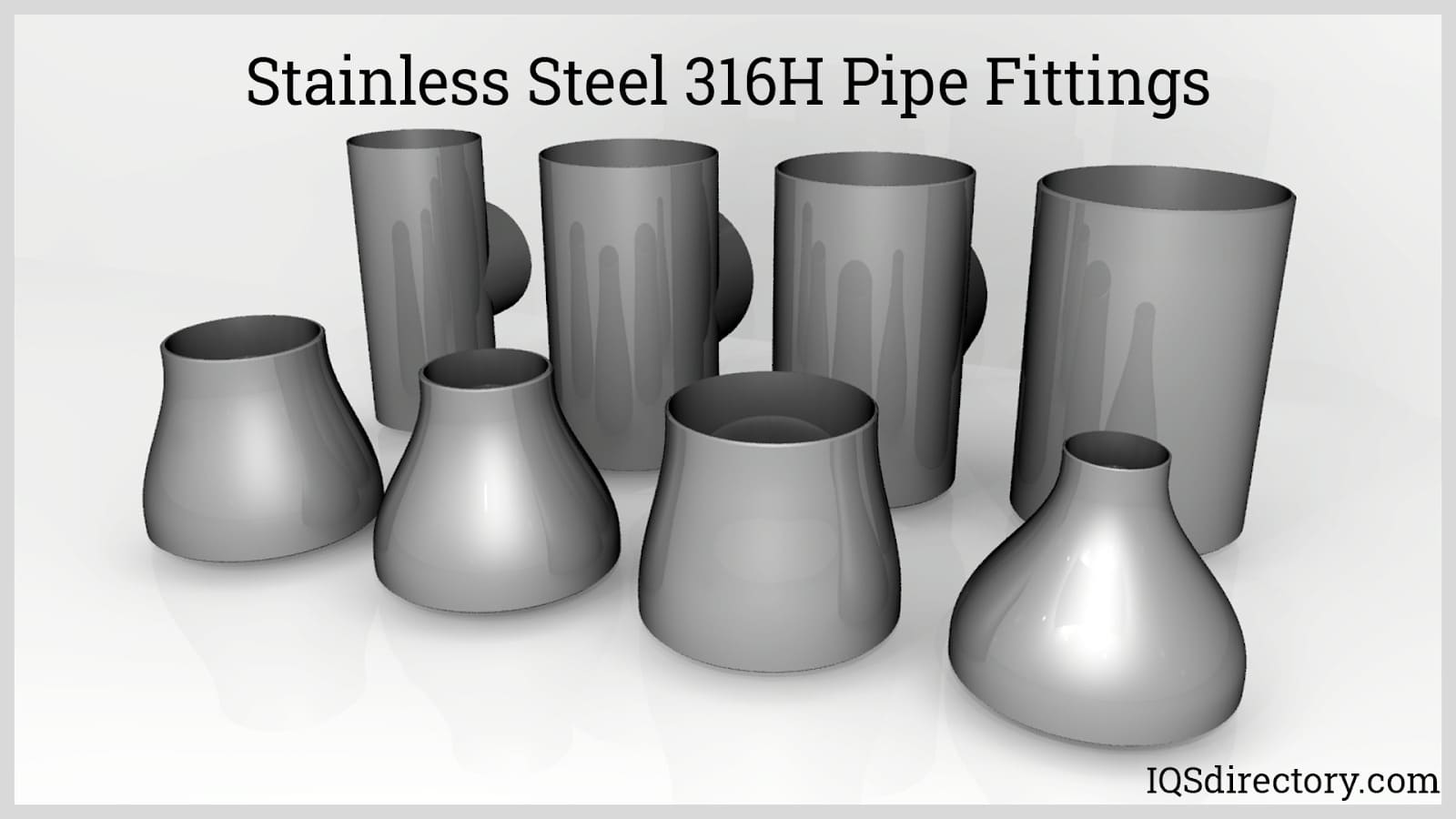
 Alloy Suppliers
Alloy Suppliers Aluminum
Aluminum Aluminum Extrusions
Aluminum Extrusions Copper-Brass-Bronze
Copper-Brass-Bronze Magnets
Magnets Nickel
Nickel Stainless Steel
Stainless Steel Stainless Steel Tubing
Stainless Steel Tubing Steel Service Centers
Steel Service Centers Titanium
Titanium Tungsten
Tungsten Wire Rope
Wire Rope Castings & Forgings
Castings & Forgings Bulk Material Handling
Bulk Material Handling Electrical & Electronic Components
Electrical & Electronic Components Flow Instrumentation
Flow Instrumentation Hardware
Hardware Material Handling Equipment
Material Handling Equipment Metal Cutting Services
Metal Cutting Services Metal Forming Services
Metal Forming Services Metal Suppliers
Metal Suppliers Motion Control Products
Motion Control Products Plant & Facility Equipment
Plant & Facility Equipment Plant & Facility Supplies
Plant & Facility Supplies Plastic Molding Processes
Plastic Molding Processes Pumps & Valves
Pumps & Valves Recycling Equipment
Recycling Equipment Rubber Products & Services
Rubber Products & Services